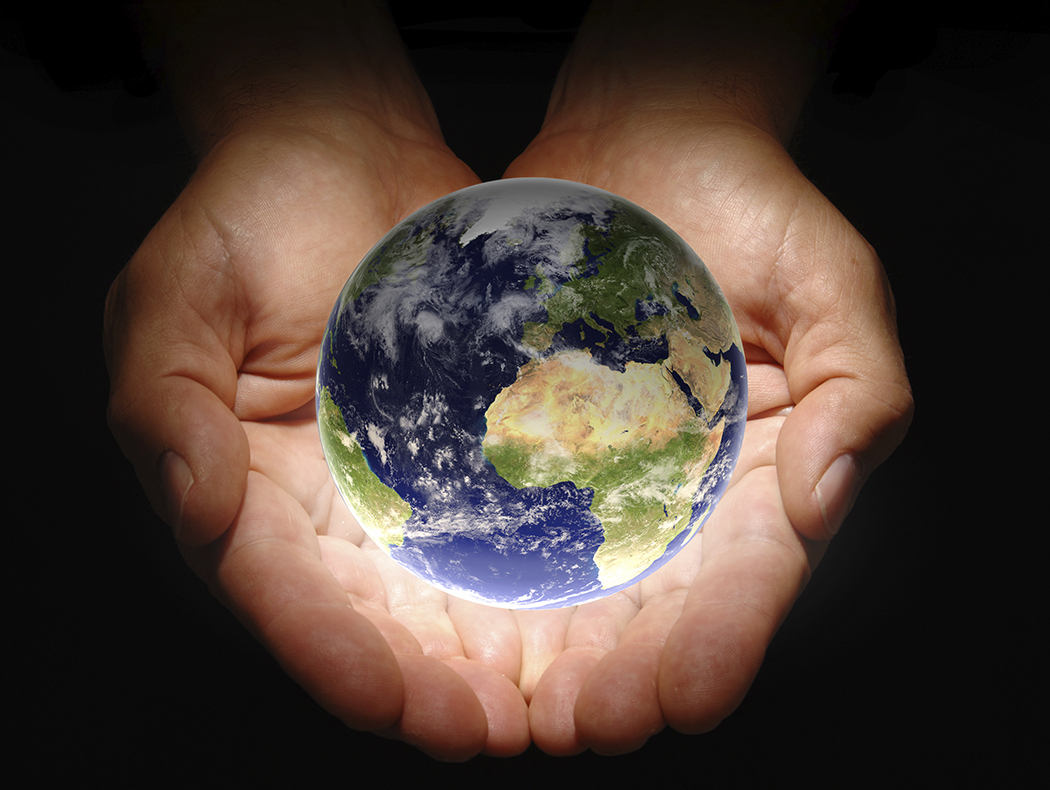What’s religion for?
Climate change, racism, gun violence, economic inequality and marriage equality: These are just a few of the hot topics of a hot summer. Should religion turn up the heat or cool things down?
Some churches (including other religious communities such as synagogues and mosques) are silent about these things, preferring to keep a high wall between the spiritual and the secular. Others eagerly offer views about the state of the world in the light of their spiritual worldview. Responses fall predictably along lines of conservative-traditional versus liberal-progressive. Things are not, however, always that neat. A few thoughts …
One, all religions are historically rooted in traditions that make them conservative to some degree. They try to conserve what they believe is enduring in the face of a changing world. They value stability and order, because they sense that God has made the world to work in certain ways and that violating those patterns will bring consequences of deeper pain and brokenness. Even progressives who look to an ideal future more than an ideal past do so on the basis of a vision that once was and still is formative. What to keep and what to let go of is always the question.
Two, all religions operate with a vision of what is yet to come. What future they envision is where differences lie. Progressives believe that God’s work in creation is ongoing and that we can share in it positively to build a better, more just and peaceful world. Conservatives tend to see change through a paradigm of decline that will result in final judgment on wickedness and the rescue of those who faithfully opposed evil. Either way, we all operate out of a vision of the End, whether it’s a this-worldly or other-worldly end, and whether it includes all or only some.
Three, religions always struggle with the tension of how much to be “in the world but not of the world.” Does our spirituality engage the world in all of its messiness or does it invite us to find refuge beyond it? Some churches (and politicians) like it when the Pope speaks against abortion, but they think he ought to stick to religion when speaking about climate change. Others think exactly the opposite. Should the church weigh in on social and public policy? Most agree we must speak to these things as part of our mandate to bear witness to the character of God, but it’s also clear when we do that we don’t view God in the same way.
Four, is religion primarily about absolute truth that can be perfectly known and never compromised or about absolute love that is unconditional and unbounded? Well, it’s about truth and love both, but truth with humility and love with boundaries.
Finally, religion can be a force for unity or division. We tend to think of our own approach to the faith as unifying and the other side as divisive. But we ought to ask ourselves first about our own motivation. Do we want to win at the expense of others, or can we tolerate differences and let God do the sorting?
Religion enlists God into public debates, one way or another. So, in the name of God, we’d better take care how we speak and live.






